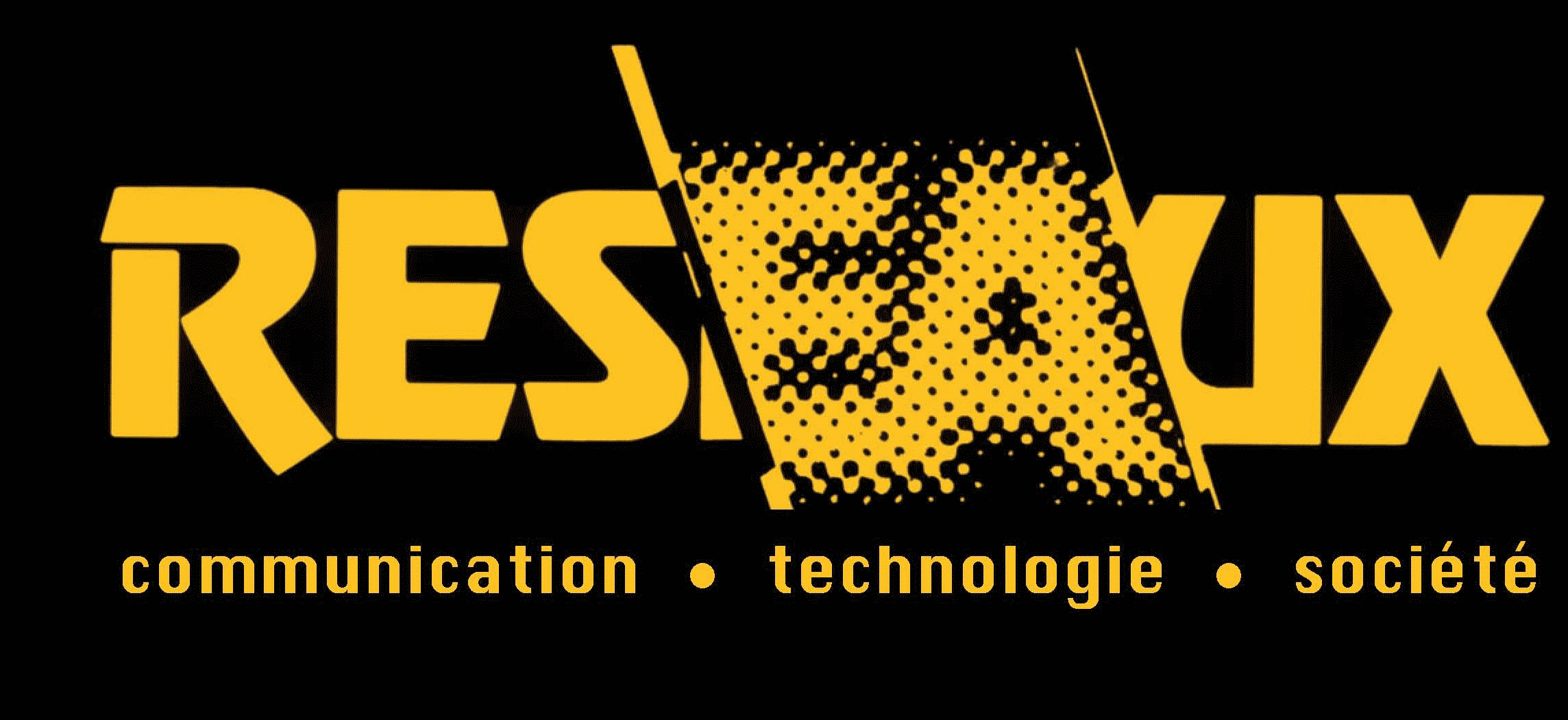Resonance theory and social communication
The concept of resonance, which appeared in the 18th century, is as old as that of communication. The two differ, however, for whereas communication focuses on language and speech, resonance is about listening and hearing. Yet resonance and communication both relate to the question of shaping the Self and education—two themes addressed by Charles Taylor in his philosophy of identity, and by Hartmut Rosa in his sociology of “relations to the world”. Issues pertaining to resonance and social communication also concern the democratic public sphere and its mediations, that is, its media and technologies. Reinforced or, on the contrary, weakened by these mediations, the resonance of the public sphere can fade into the “muteness of the world” (Rosa). Rooted in a critique of modernity whose sources go back to romanticism, the theme of resonance thus makes it possible to point out contemporary forms of alienation while conceptualizing a relationship with the world (and with nature) that is significant and sensible, inseparable from the formation of “realized” social subjects as active members of a society. However, the quest for resonance can generate the opposite, namely an “eccentric self” (Altmeyer) subject to the incentives of the numerous technical media of our “digital modernity”. This article discusses the various contributions of resonance theory to the critical study of social communication.
- resonance
- communication
- public sphere
- technology
- eccentric self
- education
- modernity
- romanticism
